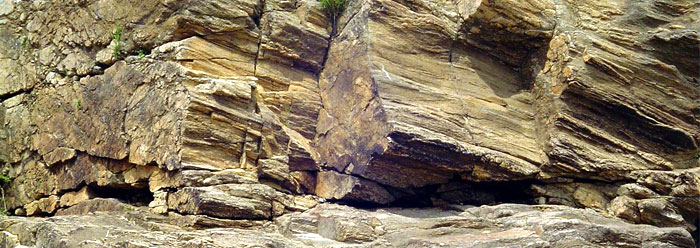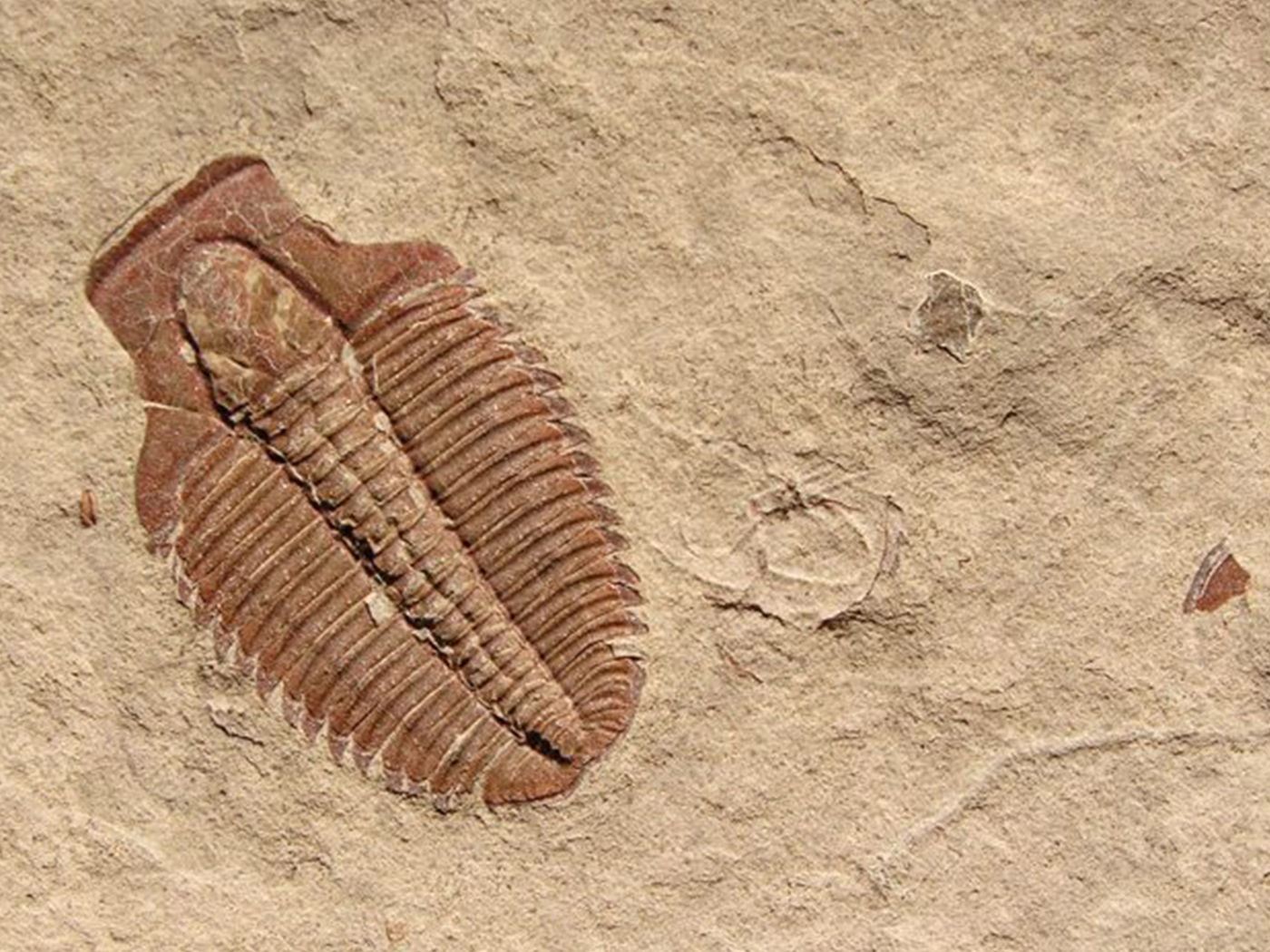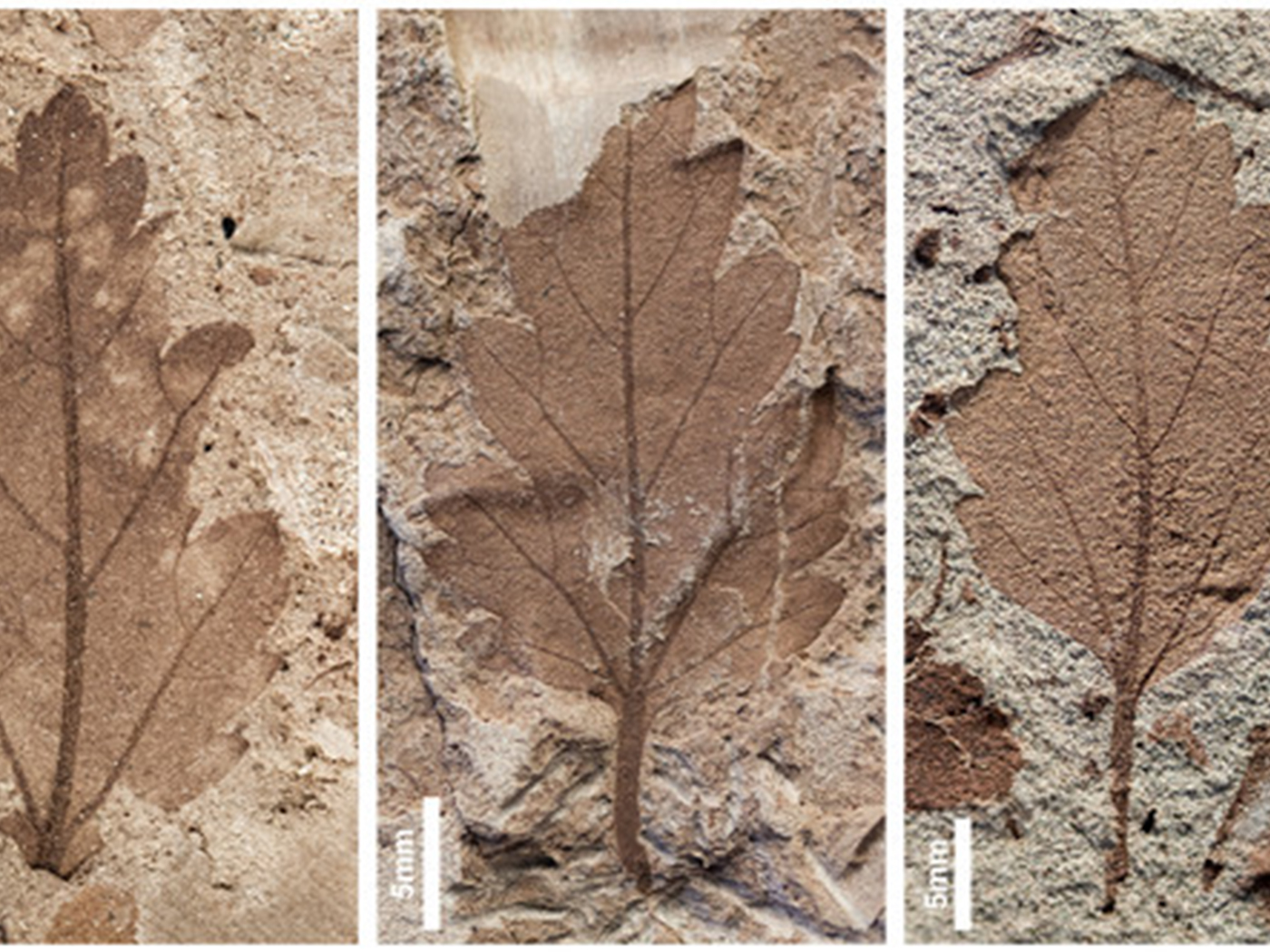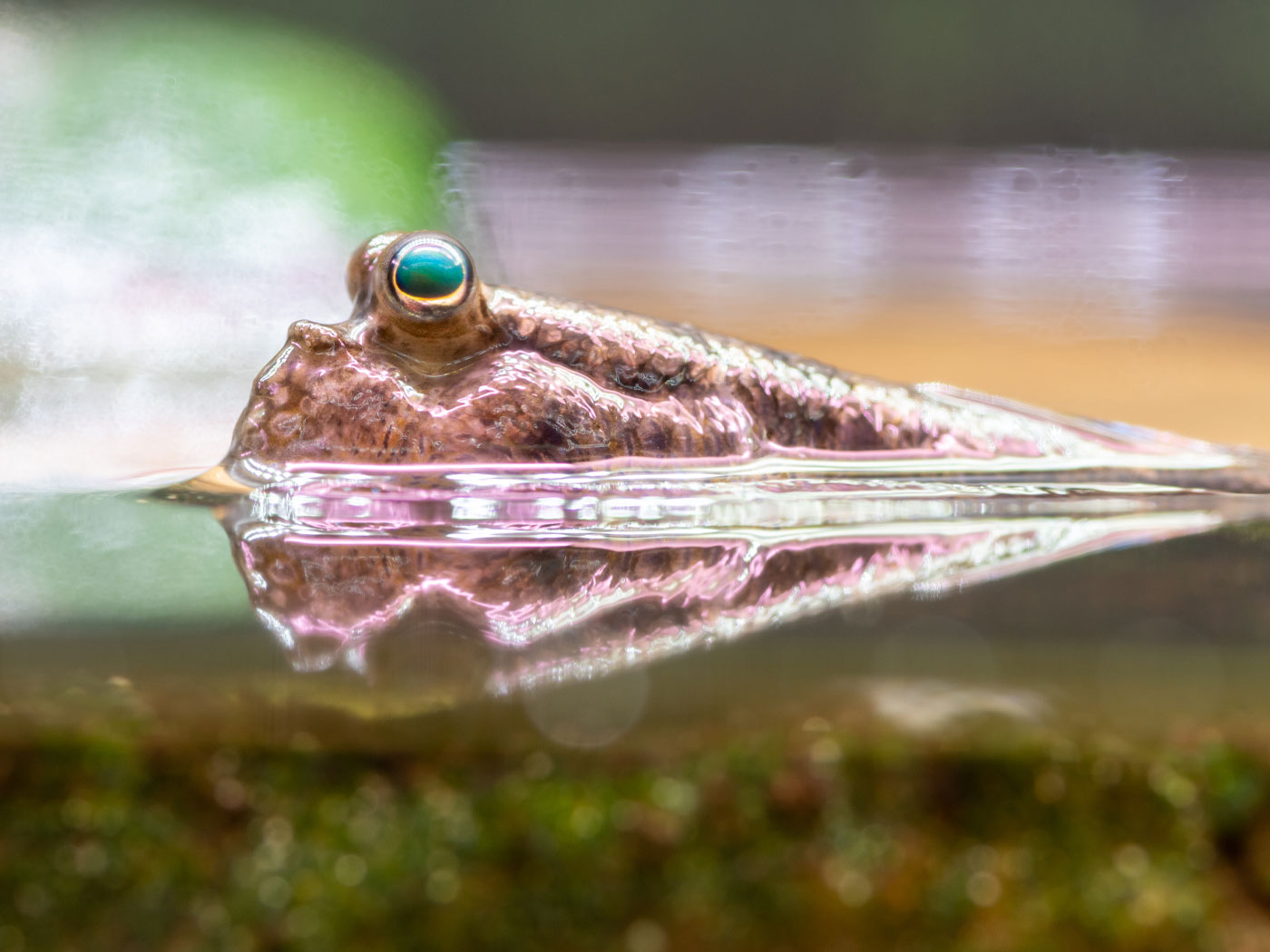Fossils from South China are being touted as the first animals to have evolved on the planet. A recently-published study on these tiny organisms, however, presents a fresh evolutionary puzzle. Although the common assumption is that the “first animals” emerged from the ocean, the Chinese Doushantuo Formation looks like it came from lake deposits.
The fossils were found in sediments that contain smectite, a clay mineral known to form from salty lakes and not marine environments. Martin Kennedy of the University of California at Riverside told LiveScience, “It is most unexpected that these first fossils do not come from marine sediments."1
Lakes have been considered inadequate evolutionary nurseries, since their lifespans are far too short for the extreme lengths of time biological evolution would supposedly require. However, instead of letting this evidence of early “lake life” call into question the validity of Darwinian assumptions that animals evolved from single-celled organisms, this researcher merely amended his concept of evolution. He suggested that these “earliest” animals’ “evolutionary response is much more rapid than I would have supposed.”1
But the very heart of Darwin’s concept of evolution by natural selection is that creatures evolved over vast eons by small and sure, yet slow, steps. If animal life emerged in lakes—or even if animal life originated in oceans but merely acquired the suite of specifications necessary for life in an alkaline lake—then its evolution must have been so rapid that it would be indistinguishable from a miracle.
One prominent biologist said that “time is in fact the hero of the plot.…Given so much time the ‘impossible’ becomes possible, the possible probable and the probable virtually certain. One has only to wait: time itself performs miracles.”2 But lakes apparently could not provide enough time, and this has evolutionists concerned. Even if lakes somehow did produce life, though, time is certainly the enemy of the plot, not at all the hero.3
The study’s findings not only contradict evolution’s standard scenario of where life began, but also call into question “what factors drove animals to evolve in the first place”1 Despite interpreting the data to favor evolution, scientists have discovered no real set of factors that could possibly have driven animals to evolve from an imaginary pre-animal. And if no natural factors could have done it, then the remaining reasonable option is that animals were produced by a supernatural factor—a Creator.
What these ancient Chinese fossils represent is not ascendant life, but inexorable death. Rather than being the first animals to evolve, they more likely represent the first to have been buried.4
References
- Choi, C. Q. Oldest Animal Fossils Found in Lakes, Not Oceans. LiveScience. Posted on livescience.com July 27, 2009, accessed July 28, 2009, reporting research published in Bristow, T. F. et al. Mineralogical constraints on the paleoenvironments of the Ediacaran Doushantuo Formation. Proceedings of the National Academy of Sciences. Published online before print July 29, 2009.
- Wald, G. 1955. The Origin of Life. In The Physics and Chemistry of Life. New York: Simon and Schuster, 12. Quoted in Morris, J. 2007. The Young Earth, rev. Green Forest, AR: Master Books: 37.
- Time hurts evolution in several ways. Regarding the origin of life, a greater length of time increases the possibility that the chemicals necessary for life would disperse and be destroyed by oxygen, water, minerals, and radiation. Regarding the perpetuation of existing life, harmful mutations accumulate relentlessly over time because they are undetectable by selection. See Sanford, J. C. 2008. Genetic Entropy and the Mystery of the Genome. Waterloo, NY: FMS Publications.
- These Precambrian deposits likely represent river or local flood deposits laid down before Noah’s Flood.
* Mr. Thomas is Science Writer at the Institute for Creation Research.
Article posted on August 10, 2009.
























